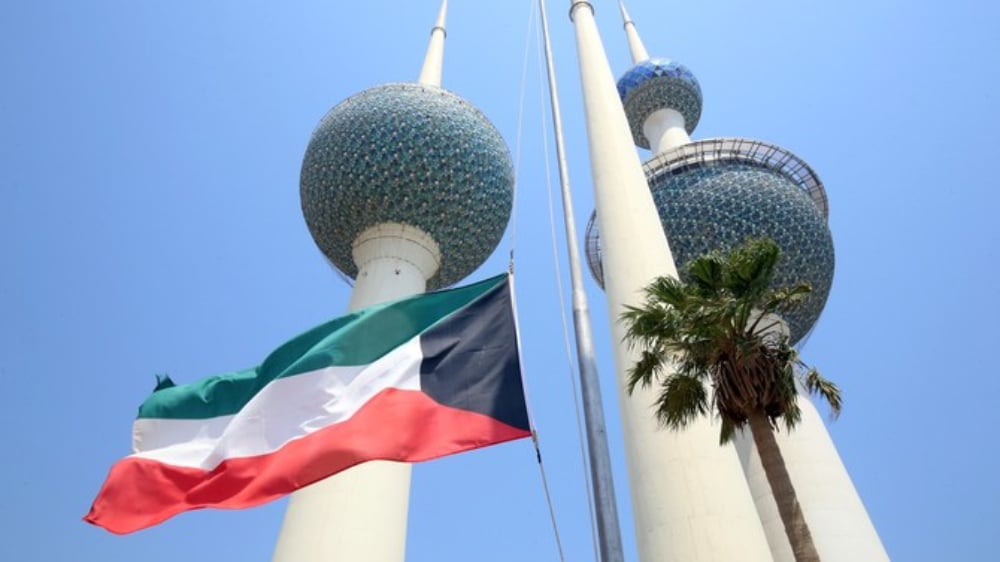
Kuwait has taken steps to alleviate workforce shortages and mitigate rising labor costs by overhauling its labor permit system, signaling a shift in recruitment policies set to come into effect on June 1.
The Kuwaiti Public Authority of Manpower (PAM) has unanimously approved amendments to the issuance of work permits, aiming to address the dearth of laborers and rein in escalating wages within the country.
Under the new regulations, employers will no longer be bound by the previous requirement to first transfer existing manpower within Kuwait before recruiting workers from abroad. This change is intended to stimulate business development and streamline the hiring process for employers.
Previously, the obligation to fulfill labor needs through internal transfers and limited overseas recruitment contributed to upward pressure on wages and consumer prices, prompting the need for reform.
To maintain labor stability domestically, the updated rules include a revised fee structure for issuing work permits. Employers will be charged KD150 for an initial work permit, with an additional fee of KD300 for transferring a worker between companies within the first three years of employment, contingent upon the employer’s approval.
These measures seek to combat illicit visa trading, stabilize the labor market, and ultimately reduce workforce costs, fostering a more sustainable economic environment.
Last year, Kuwait introduced measures allowing private sector workers to undertake secondary employment with their employer’s consent, subject to certain restrictions. While a maximum daily duration of four hours was imposed for secondary jobs, exemptions were granted to the contracting sector grappling with labor shortages.
With foreigners comprising a significant portion of Kuwait’s population, estimated at 3.2 million out of a total of 4.8 million, the reforms are poised to have far-reaching implications for the country’s labor market dynamics and economic landscape.
View Comments
I want a job plzz rply me.
I am a electrical engineer. So guide me best job in this country.
Agriculture job plz
I m UAE 🇦🇪 Light vehicle driving licence holder. +971508488462 My Whatsapp contact me
I need this job
Is Pakistani allowed for new work permit to enter to Kuwait?
Hello sir i need this job
Need a job
Deer sir my experience is Gulf 8 year in Dubai store keepar warehouse
assalamualaikum I am civil laboratory technician 2years experience and agriculture 12years pasticid experience
I am interested for job in Kuwait. I am a Diploma holding Medical Assistant from a Medical Faculty in Pakistan. I have the work experience in Primary and tershery care more than 20 years. I have attended a series of training in health care sactor in the UK under the arrangement of NHS in the UK.